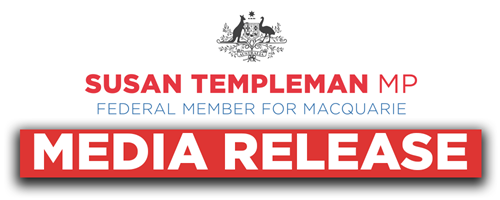
KOALA-TY HABITAT BOOST FOR GREATER BLUE MOUNTAINS
The Albanese Labor Government is investing almost $200,000 to better understand the koala population in and around the Greater Blue Mountains World Heritage Area.
The funding will be used for activities to survey koalas and monitor their movements, helping reduce the threat of fires by informing fire management strategies.
The project, being delivered by Science for Wildlife Limited, will include koala habitat restoration across 5 private properties, helping to create safer passages for koalas to breed and forage. It will also use scat analysis to identify disease, use community events to increase local engagement and koala awareness and use community capacity to care for local koalas.
Sadly, koalas are currently listed as endangered in Queensland, NSW and the ACT. This is investment is part of the Government’s more than $76 million Saving Koalas Fund to better protect koalas and repair koala habitat
Quotes attributable to the Minister for the Environment and Water, the Hon Tanya Plibersek:
“No-one wants to imagine an Australia without koalas. The Albanese Labor Government is making sure our kids and grandkids will still be able to see koalas in the wild.
“Communities across Australia play a crucial role in protecting and conserving this beloved animal. This funding is about supporting local groups to do what they do best – getting communities involved in protecting this iconic species.
“Through our Saving Koalas Fund, we are investing in projects that will help Koalas not only survive – but thrive.”
Quotes attributable to Member for Macquarie, Susan Templeman MP:
“The koala populations in the GBMWHA are nationally significant, but many colonies are undocumented.
“The new work will help understand where and how they are surviving, and help restore important areas that provide refuge from fire and climate change.
“Dr Kellie Leigh and the team at Science for Wildlife, including Groot the talented scat tracking dog, have already revealed so much that we didn’t know about koalas in the region, and I’m excited to see support for their work to continue.”


